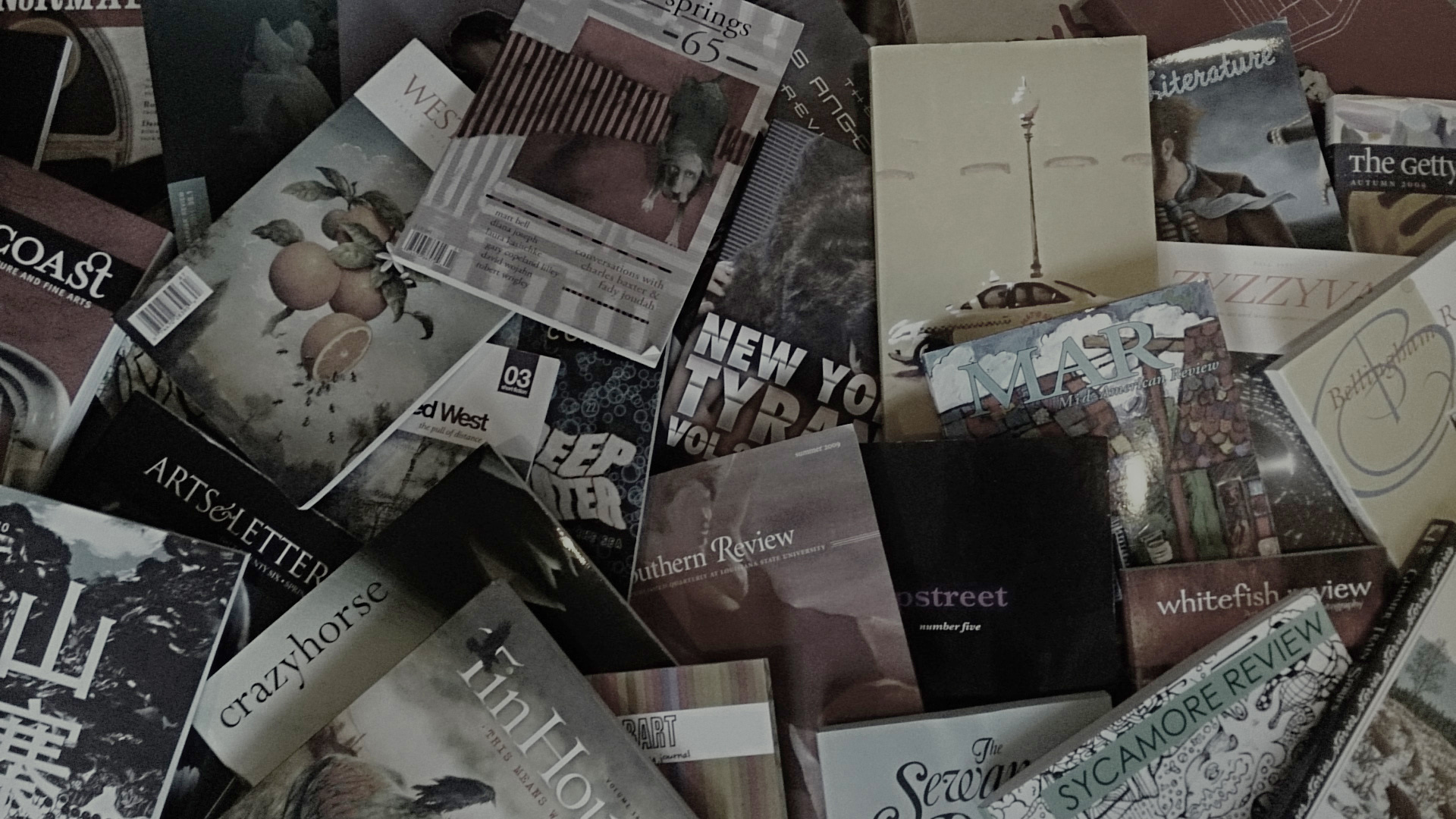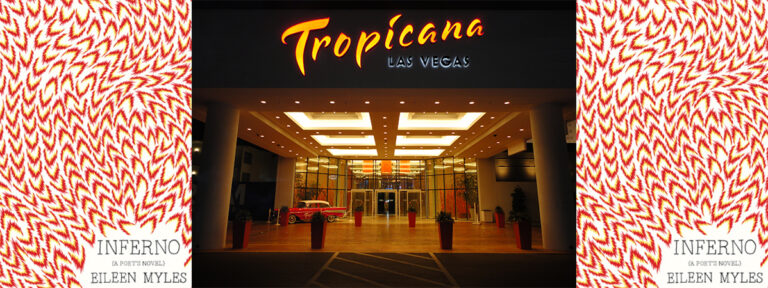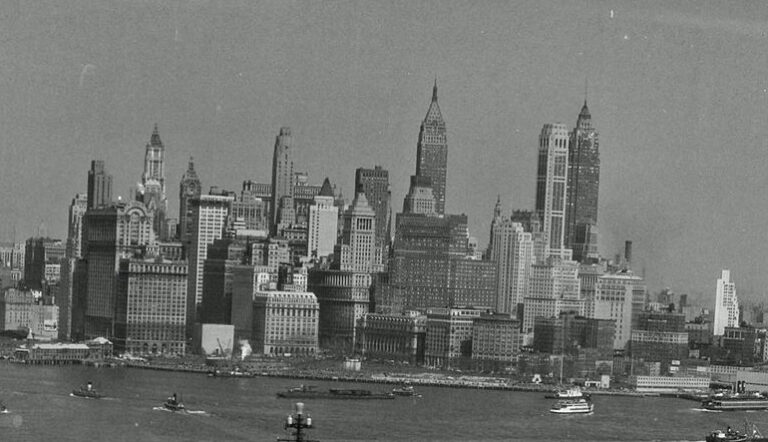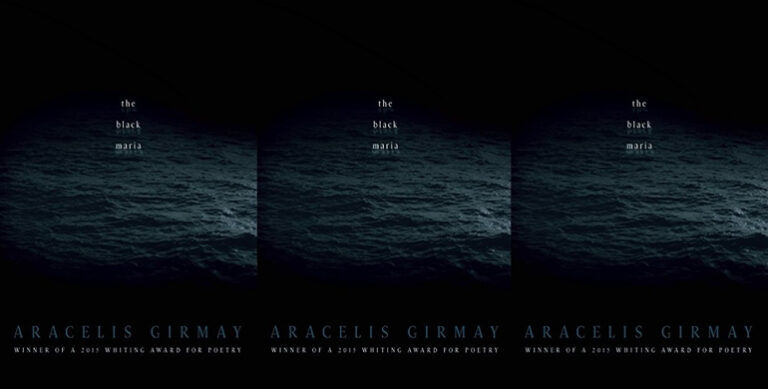The Best Short Story I Read in a Lit Mag This Week: “The We of Me” by Lucy Jane Bledsoe
As the election cycle ramps up, it becomes more and more apparent the many philosophical divisions splitting our country here in the United States. In her story “The We of Me” (The Rumpus), Lucy Jane Bledsoe takes us into a future dystopia where her characters—our descendants—are drawn to transcend the different iterations of those same divisions and connect with those different from them, no matter the cost.
The story begins with the thirteen-year-old female narrator and Jim taking an evening walk in a wild, nomadic America (with no industry, technology, or centralized government to speak of). We learn that the narrator and Jim belong to very different camps with roots in our own current system. The narrator’s group—We—are clearly open and progressive in their views on the human body, relationships, and tend to spurn any rule. The People—nicknamed “Second Amenders” by the narrator’s group—are much different.
“I have no idea why we call them the Second Amenders. Roxanne says it’s because of their guns, but that doesn’t make any kind of sense. What do guns have to do with amends? Jesus says it’s because they’re descendants of a people who were obsessed with wrongdoing, and so they have to make amends all the time. Sasha says it’s their compulsion about rules, which they are constantly amending.”
In summary—social commentary aside—The People are trying to create a closed environment. They have rules about behavior, relationships, mixing with outsiders, etc. But that doesn’t necessarily mean they’re independent. Bledsoe informs us some of the potential reasons why both camps stay so close to each other (and in doing so, reveals more about the world the characters are inhabiting):
“The Second Amenders have been camping near us for months. Roxanne says it’s because we’re good at finding water. On the face of things, their camps are much like ours. They build fire rings and dig pit toilets. But while we put up open-air tarps, they erect closed tents. They do a lot of things in private. They don’t build sculptures or paint pictures. They do sing, though. They sing beautiful ballads that have many, many verses and tell intriguing stories. I memorize them as best I can, and hold everyone in thrall at our campfire by reciting them.”
But there’s more to the mystery of why both groups stay near each other than sharing culture. Jim, the narrator’s romantic interest, would seem an unlikely beau for the narrator. He’s painfully repressed sexually, and seems beaten down by the rules of The People. So why wouldn’t the narrator stick with someone from the We who shares her own values, try for a relationship with better chances of working out? Bledsoe gives us clues when the narrator undresses in front of Jim.
“For goodness sakes, Jim. Have a look,” I say. He’s a very shy boy and has been trying to avert his gaze. My breasts are just nipples on a couple of swells, but it’s more than he’s ever seen. I personally can’t imagine not looking at something I haven’t seen before. Like Jim, I’m only thirteen years old, but my curiosity is fertile.”
For the narrator, it’s curiosity that drives her desire to connect with Jim (and by extension, to interact with The People). But there are other reasons as well. We discover that a character named Jesus has been sneaking into The People’s camp to sleep with a woman named Linda, not just cheating on his girlfriend, but putting his life at hazard, all because—as Roxanne quips—the rule-breaking makes the sex more adventurous.
Taboos transcend social/political boundaries; notice the irony that it’s the very hated rules of The People that make the relationships between members of the two groups all that much more attractive. You could argue that Jim leaves camp to be with the narrator so he can enjoy the freedoms he can’t have with The People, where Jesus leaves We so he can find rules to break.
Jesus’s affair ends in violence; he’s killed by The People. The We camp decides that it will move on, searching better land, and presumably, peace. But in the end, Bledsoe leaves that open to question, as the narrator begins the long walk to a better life. She’s weary, and saddened, but notice what else:
“I am also filled with curiosity. I do want to see the swell of land leading up to the continental divide, the craggy sculptures at the top, and also, maybe one day, what it’s like on the other side. I don’t care about snow and winter. I’m bursting with curiosity. We all are.”
They may move to a new place, but Bledsoe makes it clear, implicitly, that the members of We and The People will continue to be drawn together, not in spite of their differences, but because of them. It’s strange—and scary—to think while watching the debates over the last two weeks that the various factions in our country are drawn together for the very reasons they stay separate, even when those connections so often end in tragedy. And so the title—“The We of Me”—resonates with the many conflicting desires within our culture, and all of us.



